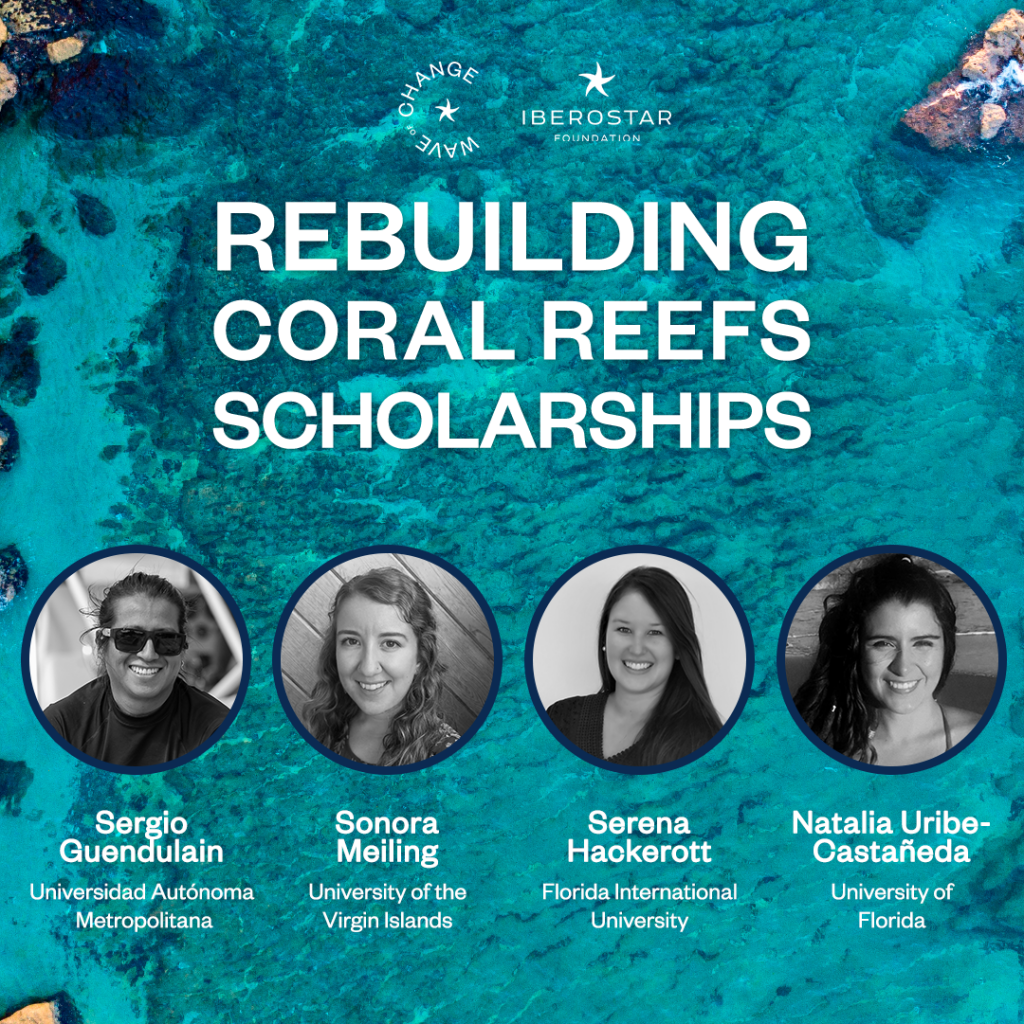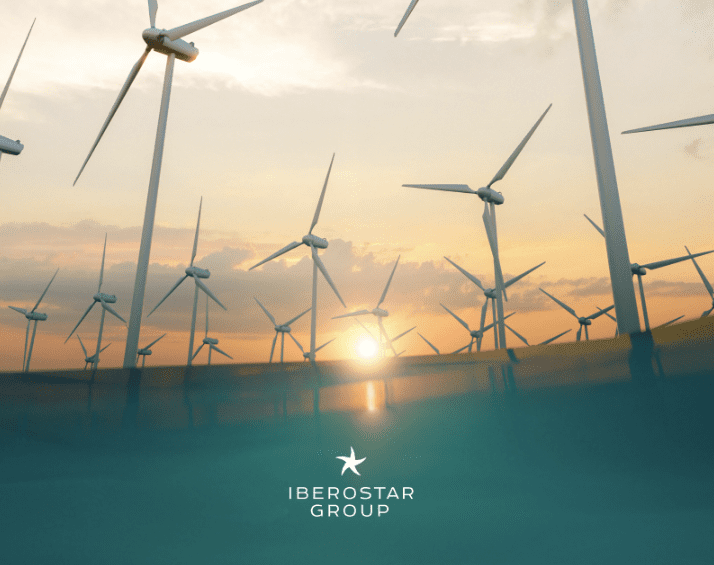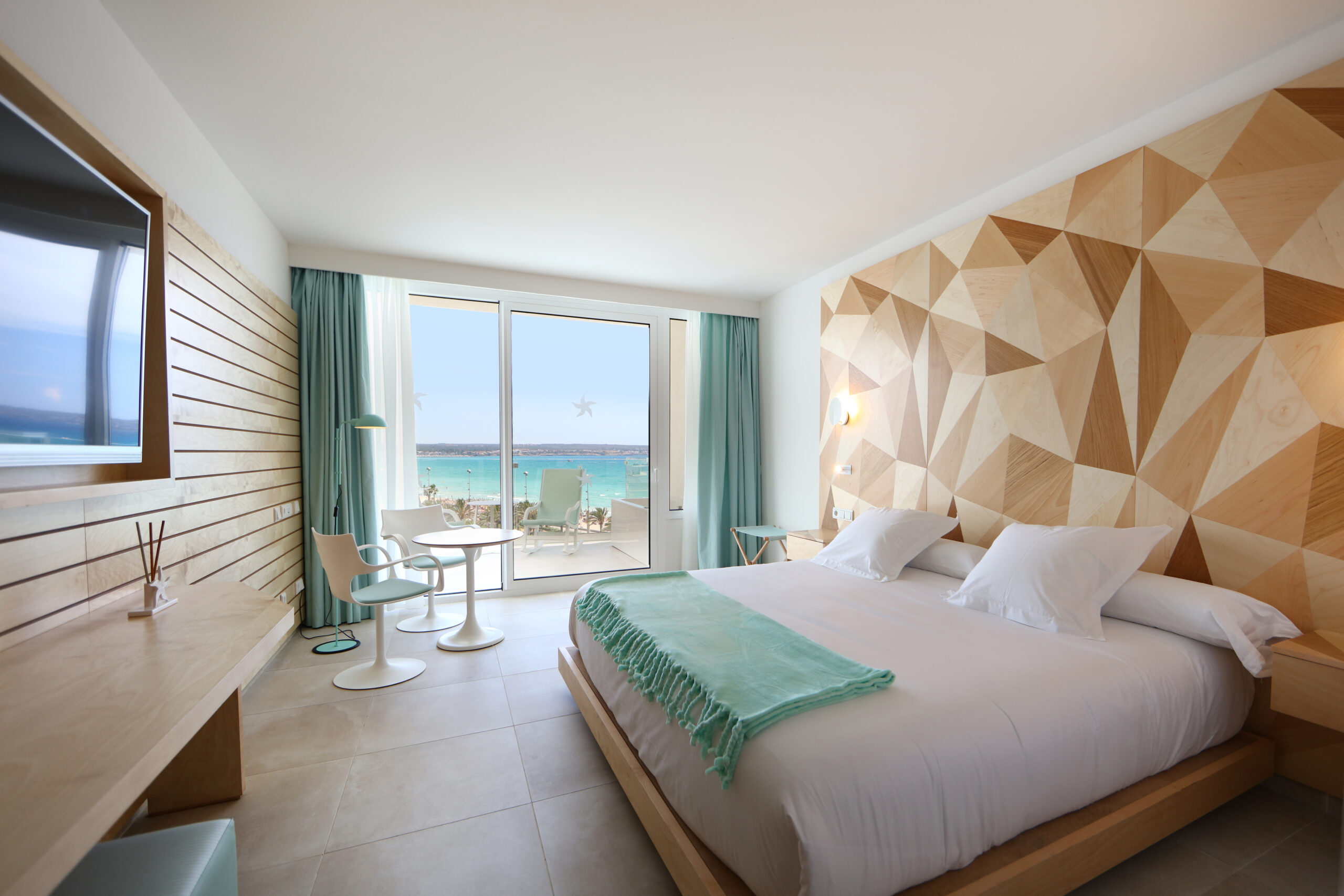The global coral research community had to put many crucial studies on pause during 2020 while the need for research and restoration grew even more urgent. The Caribbean basin saw one of the most active hurricane seasons on record, a coral-based pandemic from a disease called SCTLD threatened more destinations in the Caribbean and coral bleaching threatened reefs worldwide throughout the northern and austral summers. This is why we launched our first global call for researchers pushing the boundaries of knowledge for rebuilding coral reefs.
At Iberostar, we believe science, like travel, knows no international borders and that findings from around the world help us all collectively overcome barriers we face. For example, while we have announced that we plan to restore reefs for coastal protection, we still don’t know how to efficiently grow more than two species while over 60 species make up the reefs in the Caribbean. Reef restoration is a relatively recent field, which is why we need to catalyze the search for solutions for rebuilding coral reefs.
This is why we decided to launch these scholarships in 2020, to catalyze research around the world in four critical areas: defining objectives and goals for reef restoration, restoration in Latin America and the Caribbean Basin, restoration designed to better survive climate change, and removing barriers to scale reef restoration. The scholarships awarded are for a maximum of $5,000 each for a total of $20,000. Through careful deliberation, a team of judges chose the four applicants to be awarded the Wave of Change Rebuilding Coral Reefs scholarship.
Congratulations to those who were awarded the scholarships, and thank you to all who applied!

Scholarship winners:
Grant #1: Goals of Reef Restoration
Sergio Guendulain
Recovering structural complexity at coral restoration sites
Over the last 40 years in the Caribbean, Acropora palmata and A. cervicornis populations have experienced drastic losses due to coral diseases, natural disasters, and anthropogenic activities. To overcome these losses coral restoration practices are becoming a common practice. However, there is lack of information that addresses metrics associated with the recovery of ecological and structural function as a result of restoration interventions. The aim of this study is to quantify, through the use of photogrammetry techniques, both the community and individual structural complexity of areas restored with A. palmata and, to create models to predict the potential recovery of structural complexity at these restoration sites.
Grant #2: Reef Restoration in Latin America & the Caribbean Basin
Sonora Meiling
Developing probiotic treatments to promote resiliency and resistance to stony coral tissue loss disease
Stony coral tissue loss disease (SCTLD) is degrading coral diversity and reef complexity throughout Florida and the Caribbean Basin. Over half of Caribbean stony coral species are susceptible to SCTLD, and once a colony is affected, they often experience 100% mortality in days to months. While this disease appears to have seasonal variation, it has not been shown to “burn out” and disappear from reefs like other rapid tissue loss diseases, which emphasizes the need for effective intervention strategies. An intervention strategy that has been successful in Florida is the application of topical antibiotics, however, this strategy has been shown to be 50% less effective in the US Virgin Islands (USVI). Here we propose pathogenic bacterium screening as a cheap and rapid way to assess one of the potential factors diminishing success of antibiotic treatments in the USVI compared to Florida applications. We also propose an alternative SCTLD treatment, which involves developing probiotic treatments derived from USVI coral microbial communities. Identifying successful SCTLD intervention strategies that are effective across regions are critical to minimize and mitigate the impacts of this disease to coral reefs and the fish and island communities they support.
Grant #3:
Serena Hackerott
Assessment of coral stress hardening as a strategy to enhance coral restoration success
Coral stress hardening, or pre-exposing corals to stressful conditions to increase the tolerance of subsequent stress events, can convey enhanced resilience that can be maintained through “environmental memory.” Such rapid increases in resilience will be critical for the persistence of corals in the face of global change. While this strategy has the potential to greatly improve coral restoration outcomes, coral stress hardening has not yet been applied within a restoration context. The purpose of this project is therefore to assess coral environmental memory and stress hardening within existing restoration practices. The project will be completed in collaboration with Reef Renewal Foundation Bonaire on Bonaire, Dutch Caribbean, where Acropora cervicornis, or staghorn corals, will be reciprocally transplanted between two restoration sites. To assess coral environmental memory, coral performance and stress tolerance will be compared between coral clones with different environmental histories. Previous exposure to environmental stress is expected to be associated with increased stress tolerance and enhanced performance under stressful conditions. Results from this project will elucidate the influence of environmental history on coral resilience and advise restoration practitioners on the importance of nursery site conditions for coral stress tolerance and performance after outplanting.
Grant #4:
Natalia Uribe-Castañeda
Identifying Effective Strategies for Community Engagement in Coral Reef Restoration
The purpose of this research proposal is to analyze and identify strategies that successfully engage communities and motivate people to contribute to coral reef restoration and conservation efforts in the Gulf and the South Western Caribbean countries. Findings from this research will be used to construct a guidelines model to address a suite of stakeholders and promote effective engagement of citizen scientists and communities. The funding request I am submitting for consideration will provide travel support and other funds necessary to analyze community engagement strategies at two locations: Seaflower Biosphere, Colombia, and Laughing Bird Caye National Park, Belize. In addition to these study locations, I am pursuing funds from other sources to conduct similar analyses focused on programs in the Florida Keys National Marine Sanctuary, Florida, and Tres Palmas Marine Reserve, Puerto Rico. Evaluation and identification of successful engagement strategies will be determined through the application of participatory research methods including content analysis, participant observation, surveys, in-depth interviews, and focus groups. The results of this research will be disseminated directly with cooperators and more broadly with organizations involved in coral reef restoration and conservation via presentations, publications (including a literature review), and social media in multiple regions and languages. The broader impacts of this research will be to promote successful engagement of communities and current and future generations of citizen scientists in coral reef restoration and conservation efforts throughout the Gulf, the South Western Caribbean and worldwide.






